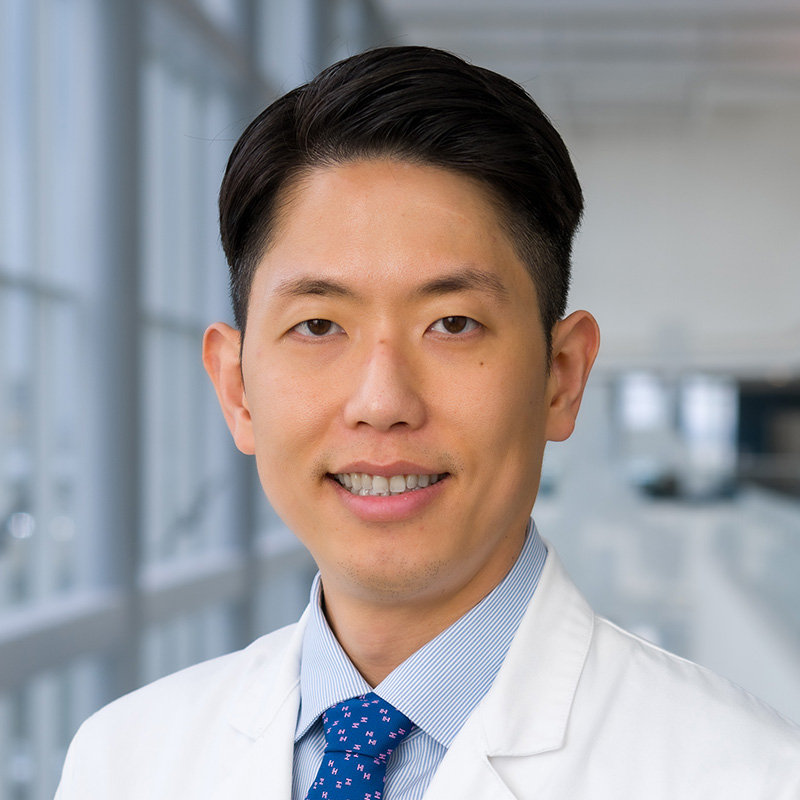We take a preventive approach, working with patients to avoid cardiovascular issues from cancer therapies before they occur. Measures we take include:
- Evaluating cardiovascular health status
- Evaluating cardio-metabolic risk
- Optimizing modifiable risk factors: lifestyle, blood pressure, lipid profile
Learn more about our Preventive Cardiology program that provides patients with personalized plans to prevent and treat heart diseases.


















